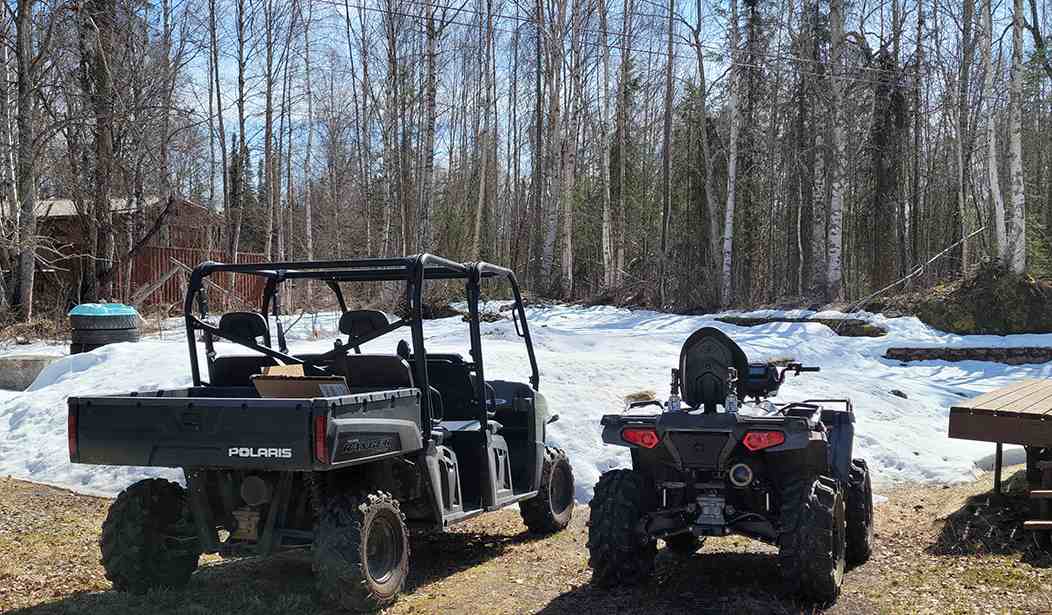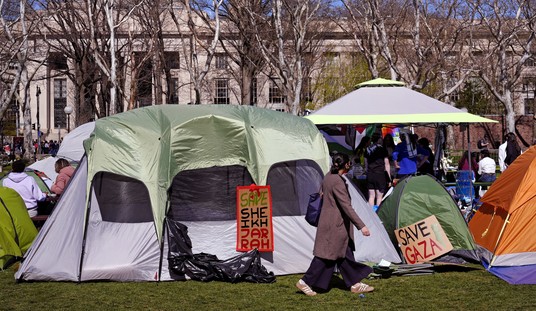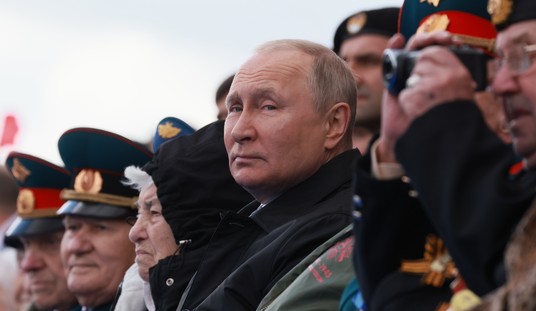We're into March now. The spring equinox is coming up fast, arriving here in North America on March 19th. Across much of the United States, snow is melting, wildflowers are starting to poke out of the soil, birds are singing, and the trees' leaf buds are swelling. It's the usual end to winter.
Of course, we'll have to wait a while here; we still have four feet of snow on the ground, and it was six degrees when I walked over to the office this morning. But that's Alaska for you. In the rest of the country, it seems spring is coming a little early, and predictably, that's causing some hand-wringing.
Across much of America and especially in the normally chilly north, the country went through the winter months without, well, winter.
In parka strongholds Burlington, Vermont, and Portland, Maine, the thermometer never plunged below zero. The state of Minnesota called the last three months “the lost winter,” warmer than its infamous “year without a winter” in 1877-1878. Michigan, where mosquitos were biting in February, offered disaster loans to businesses hit by a lack of snow. The Great Lakes set records for low winter ice, with Erie and Ontario “essentially ice-free.”
For a wide swath of the country from Colorado to New Jersey, and Texas to the Carolinas, spring leaves are arriving three to four weeks earlier than the 1991-2020 average, according to the National Phenology Network, which tracks the timing of plants, insects and other natural signs of the seasons.
Here's a shocking notion: Every year is different. Some winters are colder than others. Sometimes, warm weather comes early in spring; sometimes, it comes later. Some years we get our first snow in September; others, in November. T'was ever thus. The climate has always changed, and it always will.
See Related: WATCH: Climate Activist Tries to Accost Joe Manchin and Quickly Finds Out
People Are Dying in War With Ukraine, and John Kerry Is Worried About Russia's Carbon Footprint
Here's where we go off course:
This is just the latest in a drumbeat of broken temperature records, national and global, that scientists say is mostly from human-caused climate change from the burning of coal, oil and gas.
Some scientists may say that. That doesn't make it true, but some may say that. Others won't. But there is data to be examined.
North America is still coming out of the effects of the Wisconsin glaciation, which peaked about 20,000 years ago and ended about 11,000 years ago. Our climate has been warming since the glaciation ended. There have been ups and downs, but the trend has been generally upward. And there were no gas stoves 11,000 years ago.
In the long term, historic climate can be broadly determined by such things as ice cores and, less recently, oxygen isotope ratios and fossil pollens; these methods reveal trends over tens of thousands of years, not year-by-year data, and can only provide broad indications as to temperatures, but the trends are nonetheless revealing. There have been ice ages, most recently in the Ordovician, the Silurian, the Carboniferous, the Permian, and the Paleogene/Neogene. We are currently in the Quaternary, another cycle in which glaciers have been, geologically speaking, going up and down the northern hemisphere like window blinds. And as recently as the Eocene, the Earth was considerably warmer than it is now.
Spring is early, but the world isn't coming to an end. We humans, who have been here for only the merest eyeblink of the planet's history, have no monopoly on determining what the Earth's "correct" temperature is. Our activities, yes, do have some effect on the climate; everything does. But our effect, in our tiny span of history, is nothing compared to the deep time in which the planet moves. What's more, the current warming trend isn't worth destroying our modern lifestyle over.
So relax. Enjoy an early spring. Next year, we may well see snow in March as far south as Colorado, as happened in the 2003 blizzard that dropped almost three feet of snow on the Front Range. The weather will do what the weather will do.
Bear this in mind, too, as you listen to the first spring birds singing: Here in Alaska, we still have some time to wait.













